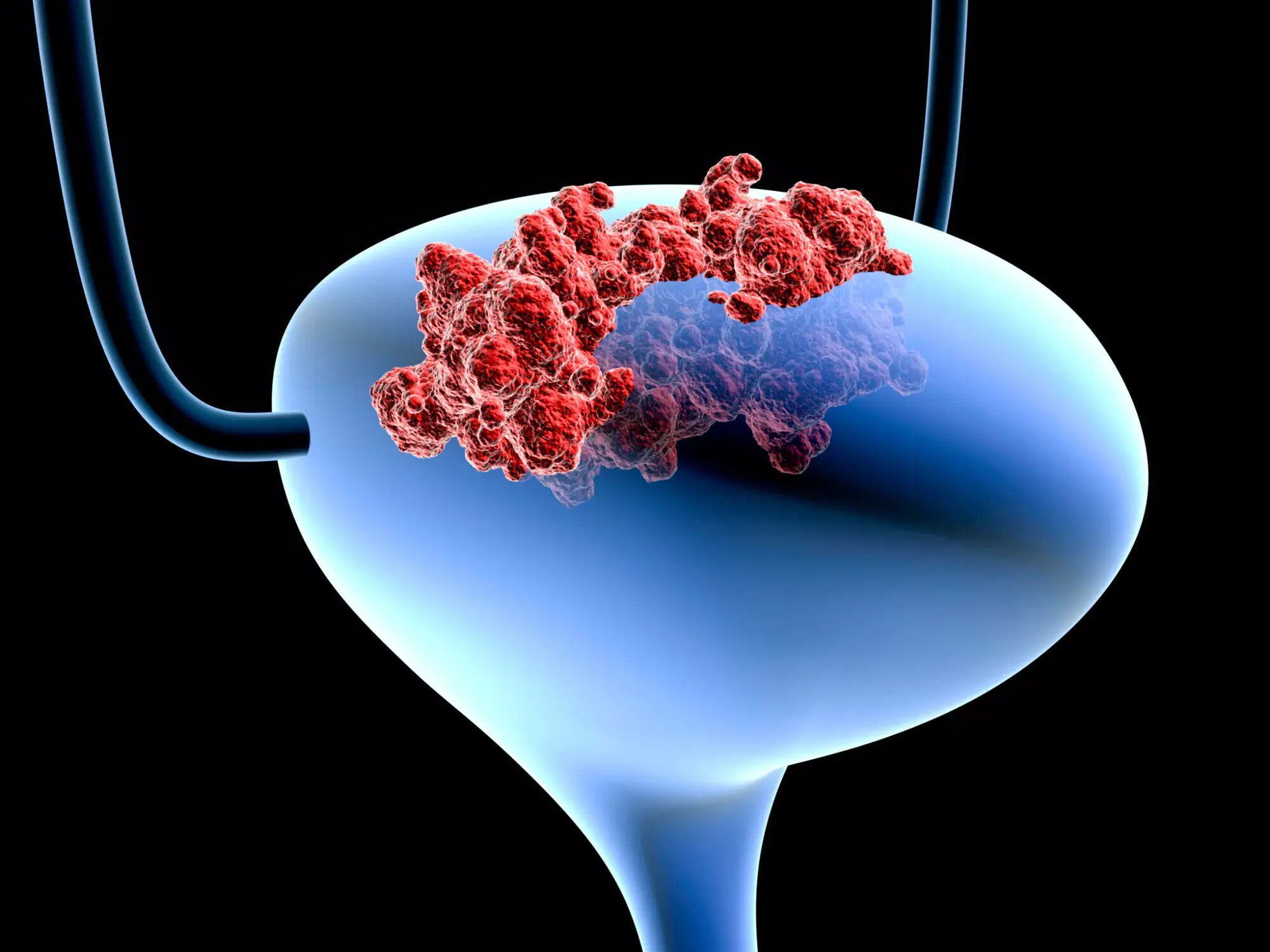
Cancer prevention is a topic that touches many lives. With so much information out there, it can be hard to know where to start. Did you know that simple lifestyle changes can significantly reduce your risk? From diet tweaks to regular exercise, these small steps can make a big difference. For instance, eating more fruits and vegetables, limiting alcohol, and avoiding tobacco are key. Regular screenings also play a crucial role in early detection. Staying informed about your family history and potential genetic risks can guide your choices. Knowledge is power, and understanding these facts can help you lead a healthier life.
Understanding Cancer Prevention
Cancer prevention involves taking proactive steps to reduce the risk of developing cancer. By making informed choices, you can significantly lower your chances of facing this disease. Here are some crucial facts to help you understand how to prevent cancer.
-
Healthy Diet: Eating a balanced diet rich in fruits, vegetables, whole grains, and lean proteins can lower cancer risk. Avoid processed foods and red meats.
-
Regular Exercise: Engaging in physical activity for at least 30 minutes a day helps maintain a healthy weight, reducing cancer risk.
-
Avoid Tobacco: Smoking and using tobacco products are leading causes of cancer. Quitting smoking can significantly reduce your risk.
-
Limit Alcohol: Drinking alcohol in moderation or not at all can lower the risk of certain cancers, including liver, breast, and colon cancer.
-
Sun Protection: Using sunscreen, wearing protective clothing, and avoiding excessive sun exposure can prevent skin cancer.
Lifestyle Choices and Cancer
Your daily habits play a significant role in cancer prevention. Small changes can make a big difference in your overall health.
-
Maintain a Healthy Weight: Obesity is linked to several types of cancer. Keeping a healthy weight through diet and exercise is crucial.
-
Regular Screenings: Early detection through screenings like mammograms, colonoscopies, and Pap smears can catch cancer early when it's most treatable.
-
Vaccinations: Vaccines like the HPV vaccine can prevent cancers caused by viruses.
-
Avoid Carcinogens: Limit exposure to known carcinogens like asbestos, radon, and certain chemicals.
-
Healthy Sleep: Getting enough sleep and maintaining a regular sleep schedule supports overall health and reduces cancer risk.
Environmental Factors
The environment around you can also impact your cancer risk. Being aware of these factors can help you make safer choices.
-
Air Quality: Poor air quality and pollution can increase cancer risk. Use air purifiers and avoid high-pollution areas when possible.
-
Water Quality: Drinking clean, filtered water can reduce exposure to harmful chemicals that may cause cancer.
-
Radon Testing: Radon is a natural radioactive gas that can cause lung cancer. Test your home for radon and take steps to reduce levels if necessary.
-
Pesticides: Limit exposure to pesticides by choosing organic produce and using natural pest control methods.
-
Household Chemicals: Use non-toxic cleaning products to reduce exposure to harmful chemicals.
Genetic Factors and Cancer
While you can't change your genetics, understanding your family history can help you take preventive measures.
-
Family History: Knowing your family's cancer history can help you and your doctor create a personalized prevention plan.
-
Genetic Testing: Genetic tests can identify mutations that increase cancer risk, allowing for early intervention.
-
Preventive Surgeries: In some cases, preventive surgeries can reduce cancer risk for those with high genetic risk.
-
Regular Check-ups: Regular medical check-ups can help monitor and manage genetic cancer risks.
-
Healthy Lifestyle: Even with a genetic predisposition, a healthy lifestyle can significantly reduce cancer risk.
Mental and Emotional Well-being
Mental health is closely linked to physical health. Managing stress and maintaining emotional well-being can contribute to cancer prevention.
-
Stress Management: Chronic stress can weaken the immune system. Practice stress-reducing activities like yoga, meditation, and deep breathing.
-
Social Connections: Strong social support networks can improve mental health and reduce cancer risk.
-
Positive Attitude: Maintaining a positive outlook and practicing gratitude can boost overall health.
-
Mental Health Care: Seeking professional help for mental health issues can improve overall well-being and reduce cancer risk.
-
Mindfulness: Practicing mindfulness and staying present can reduce stress and improve health.
Emerging Research and Innovations
New research and innovations continue to provide insights into cancer prevention. Staying informed can help you make the best choices for your health.
-
Nutritional Supplements: Some supplements, like vitamin D and omega-3 fatty acids, may reduce cancer risk. Consult your doctor before starting any new supplement.
-
Immunotherapy: Advances in immunotherapy are showing promise in preventing certain types of cancer by boosting the body's natural defenses.
Staying Ahead in Cancer Prevention
Understanding cancer prevention is crucial for a healthier life. Regular screenings, a balanced diet, and avoiding tobacco can significantly reduce risks. Physical activity and maintaining a healthy weight also play vital roles. Don't forget the importance of vaccinations like the HPV vaccine, which can prevent certain cancers. Limiting alcohol intake and protecting your skin from UV rays are simple yet effective steps. Knowledge about family history helps in early detection and personalized prevention strategies.
Staying informed and proactive can make a huge difference. Small lifestyle changes can lead to big health benefits. Always consult healthcare professionals for personalized advice. Prevention isn't just about avoiding cancer; it's about embracing a healthier, more vibrant life. Stay vigilant, stay informed, and take charge of your health.
Was this page helpful?
Our commitment to delivering trustworthy and engaging content is at the heart of what we do. Each fact on our site is contributed by real users like you, bringing a wealth of diverse insights and information. To ensure the highest standards of accuracy and reliability, our dedicated editors meticulously review each submission. This process guarantees that the facts we share are not only fascinating but also credible. Trust in our commitment to quality and authenticity as you explore and learn with us.


